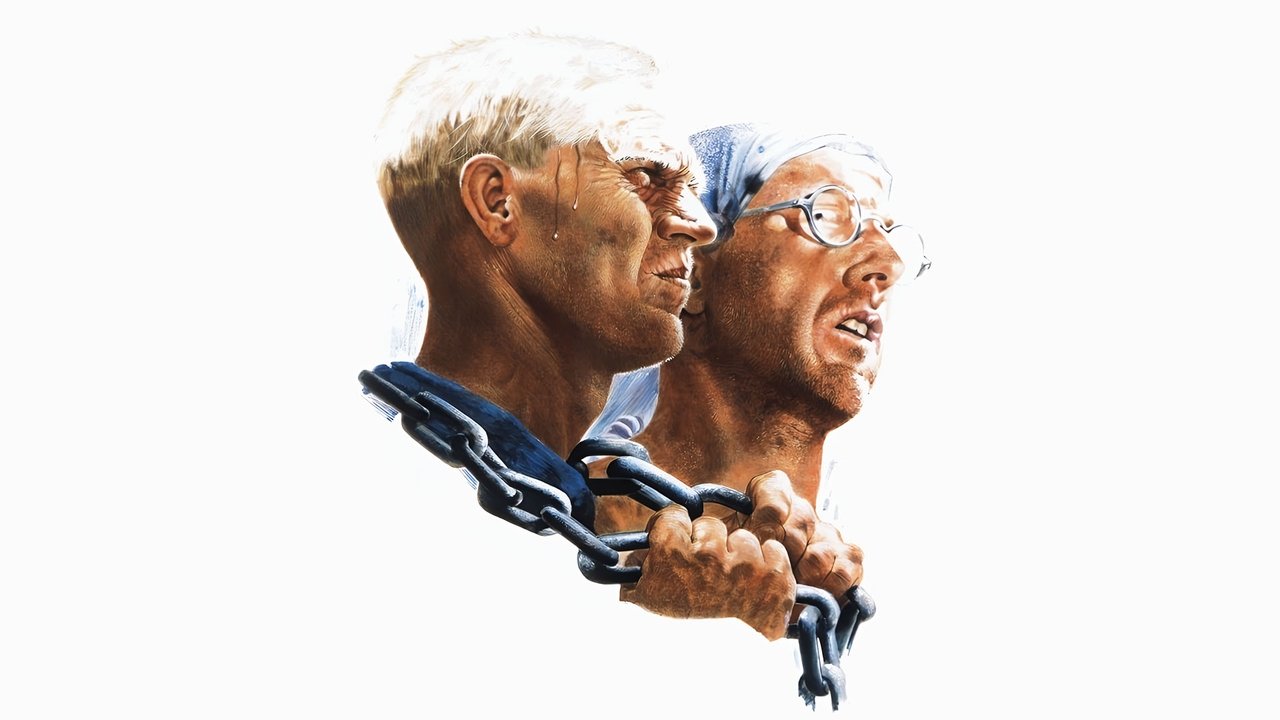A classic film with a remarkable story and great actors.
This is a work that almost everyone remembers if the theme is films about the prison environment. It's a classic that takes us to a universe of pain, suffering, deprivation and fight against oppression, solidly based on a somewhat autobiographical book by Henri Charriere, called Papillon, a Frenchman who was imprisoned for decades in the penal colony of French Guiana and wrote a book that should be a memoir, but is so full of inventions that it deserves to be considered fiction inspired by real bases. Of course, the issue doesn't matter much to the film: let's forget the man and focus on the character, his alter-ego.
Directed by Franklin J. Schaffner and released in 1973, it was filmed in Spain and Hawaii. And taking into account that the real prison was abandoned, a faithful setting was created in Jamaica, with some shots filmed in the real location appearing in the end credits. An interesting note: needing a tropical filming location, the production thought it was a good idea to go to a poor country, famous for its soft drugs, in the 1970s. It is, therefore, not surprising that works in Jamaica were marred by robberies and plunder, and by an extraordinary abundance of good marijuana. In addition to the good design of sets, costumes and props, and an inspired and elegant cinematography, the film has a very well done soundtrack by Jerry Goldsmith, which is worth listening to and appreciating in itself.
With almost two and a half hours in length, the film focuses on portraying the poor conditions of that huge penal colony, and the mistreatment to which the inmates were subjected. I think this contributed greatly to the film's success at the box office: in the aftermath of recent protests, May '68, the Sexual Revolution and peace movements, a film where a single and persistent man faces an entire system of oppression and violence is doomed to success. Specialized critics, however, were not at all convinced, and made harsh comments about the film. Shortly afterwards, at the bizarre 1974 Oscar ceremony, the film was largely ignored, losing the only award for which it had been nominated (Best Dramatic Original Score). But considering the way it has persisted, stood the test of time and remained popular, perhaps the critics and Oscar judges were all wrong.
However, the success of this film cannot be attributed solely to a good story released at a propitious time, and convincingly told and acted. Steve McQueen is a key part of this success, thanks to an incredible dramatic interpretation, one of the best in his artistic career. The actor manages to express, in his face and mannerisms, the pain and tenacity of the character he embodies, and commits himself entirely to what he is doing. Next to him was also Dustin Hoffman, in a very interesting and elegant work that the actor fully responded to. On a much lower level, the film has positive contributions from Woodrow Parfrey, Don Gordon, Ratna Assan and Val Avery.
